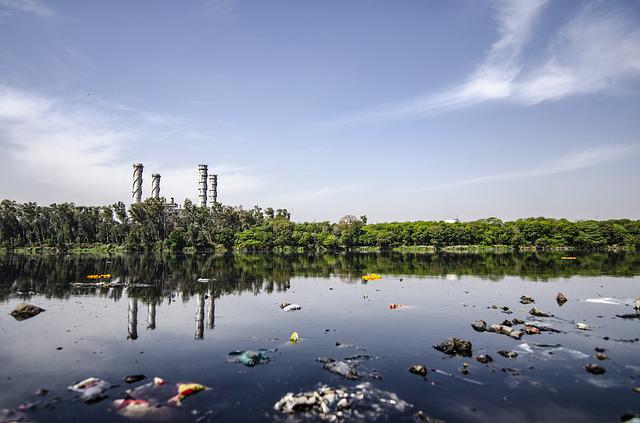
On the 3rd of March the Stockholm Region EU Office organised the first session of the year addressing the revision of the Urban Wastewater Treatment Directive. Since the autumn of 2021, the Stockholm Region's European office has been organizing a series of shorter sessions under the slogan Stockholm EU Sessions. These short sessions will be devoted to current issues and initiatives happening in the EU's political arena with a special connection to the Stockholm region.
The Directive
The European Commission presented the proposal of the revision of the Urban Wastewater Treatment Directive in October 2022, the first update of the directive in over 30 years. The current legislation ensures that the EU member states have set up collecting systems and wastewater treatment plants in urban areas, but it also regulates emission and reporting requirements for pollutants such as nitrogen and phosphorus. The new directive strives to regulate pollution that is currently not regulated and to increase the level of ambition. Essential parts in the update includes expanding the treatment requirements for nitrogen and phosphorus, an extended user responsibility for the pharmaceutical and cosmetics industry as well as making the sector energy neutral by 2040.
Stockholm EU Session
The seminar began with a presentation of the novelties in the proposed update of the Urban Wastewater Treatment Directive by Nele-Frederike Rosenstock, who works at the European Commission’s Directorate-General for Environment.
The discussion focused, among other things, on the connection between the Urban Wastewater Treatment Directive and the Water Framework Directive. According to the Weser-ruling, article 4 of the Water Framework Directive does not allow for new developments to impact the chemical status of water bodies to deteriorate from good to bad. In Sweden, this means that treatment plants cannot grow since even a treatment plant with the best possible technology cannot compensate for a growing population generating more pollutants such as phosphorus. The issue has been discussed in detail in relation to the update, but the Commission did not identify other instances in the EU where this is an issue which meant that the proposal does not address this national issue. The trade association Swedish Water (Svenskt Vatten) argues that by now they have identified that several member states will be affected by this when the Water Framework Directive will be applied more rigorously across the union.
Regarding the goal of the sector to reach energy neutrality by 2040, the conversation revolved around the definition of energy neutrality and what can be counted and not. Technical negotiations on this are currently underway among member states in the Council.
In addition, the question whether urban wastewater treatment in cold climate would be taken into account was discussed, seeing that such conditions make the removal of nitrogen more difficult. The expectation from the Commission’s side is that the requirements should be possible to reach thanks to compliance being based on a higher sampling frequency and on an annual mean, leaving room for manoeuvre for Sweden’s cold climate.
The future
The proposal is now being discussed in the Council and the European Parliament. The updated directive could probably first be adopted at the end of 2023 or at the beginning of 2024.
More information
Please find the presentation from Nele-Frederike Rosenstock, from DG Environment, here.
/Anna Tranberg, EU Policy Officer and Mikael Eliasson, Trainee at Stockholm Region EU Office in Brussels